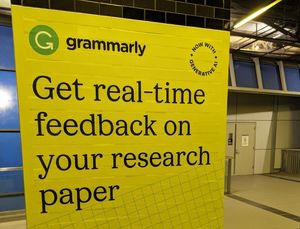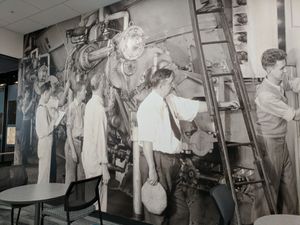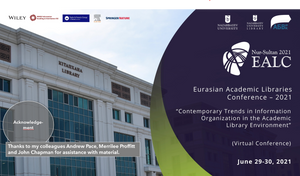‘open’ is a word that usually needs to be qualified to be of any use in our conversations. Simply standing on its own it is not clear what it means. Unless qualified the word is like ‘home made’, ‘new’ or ‘natural’, a widely applied promotional label with little informational value.
The storm in a teacup around OpenTranslators is interesting in this context. This is a hosted service from Care Affiliates, working with Index Data and WebFeat. It is a nice idea.
OpenTranslators will allow libraries to use the federated search interface of their choice to access over 10,000 databases using SRU/SRW/Z39.50. The databases consist of: licensed databases, free databases, catalogs, Z39.50, Telnet and proprietary databases. Libraries that already have a Z39.50 client in their OPAC will be able to connect to, not only library catalogs, but also thousands of additional databases. Those libraries that are building or already using an open source federated search tool will now be able to expand the world of information that can be accessed. Finally, for those institutions/organizations building new mashup clients, this will allow them to access and use vast amounts of additional content. [OpenTranslators; the ability to choose the Federated Search Interface and Content of your choice using open standards.]
This is open in the sense that it is placing a standards-based layer over a bundle of useful functionality. The translators can be accessed through a well-defined public interface (in this case SRU/SRW/Z39.50), the definition of which is under the control of no single organization. This is a well-established and long-standing sense of ‘open’, as in ‘open standards’ or ‘open systems’.
However, calling a service ‘open’ in this sense says absolutely nothing about the business model or configuration under which it is made available. It might be available for free, on a fee-for-use basis, as a subscription service; it might be available as locally deployable software, as a service in the cloud, and so on. In this case, Care Affiliates are making a subscription service available to users on a hosted basis.
To use the service you need appropriate client (SRU/SRW/Z39.50) capability. There are many choices here. Libraries will have this capability as part of software they buy from a vendor, or in some cases as part of an open source package. There is no necessary link between ‘open source’ and the use of the ‘OpenTranslators’ service.
While this new development was generally welcomed, some of the responses discussed the service in terms of ‘open source‘ or even ‘open access‘.
This prompted the following from Dan Chudnov (who had taken notes and was naming names). Language mattered, he suggested, and …..
Open source, open access, and open standards are completely different activities undertaken by completely different combinations of people in completely different circumstances. To conflate them all because of the common word “open” is shortsighted enough – to misapply the terms against the intent of the proponents of each of these separate categories of endeavors is to sow distrust. [Welcome to 1998 | One Big Library.]
Looking at these exchanges I was reminded of early discussion around OAI where the ‘O’ for open looked towards ‘open access’ but also towards open standards independent of the business model supporting the application.
The Open Archives Initiative develops and promotes interoperability standards that aim to facilitate the efficient dissemination of content. The Open Archives Initiative has its roots in an effort to enhance access to e-print archives as a means of increasing the availability of scholarly communication. Continued support of this work remains a cornerstone of the Open Archives program. The fundamental technological framework and standards that are developing to support this work are, however, independent of the both the type of content offered and the economic mechanisms surrounding that content, and promise to have much broader relevance in opening up access to a range of digital materials. [Open Archives Initiative]



